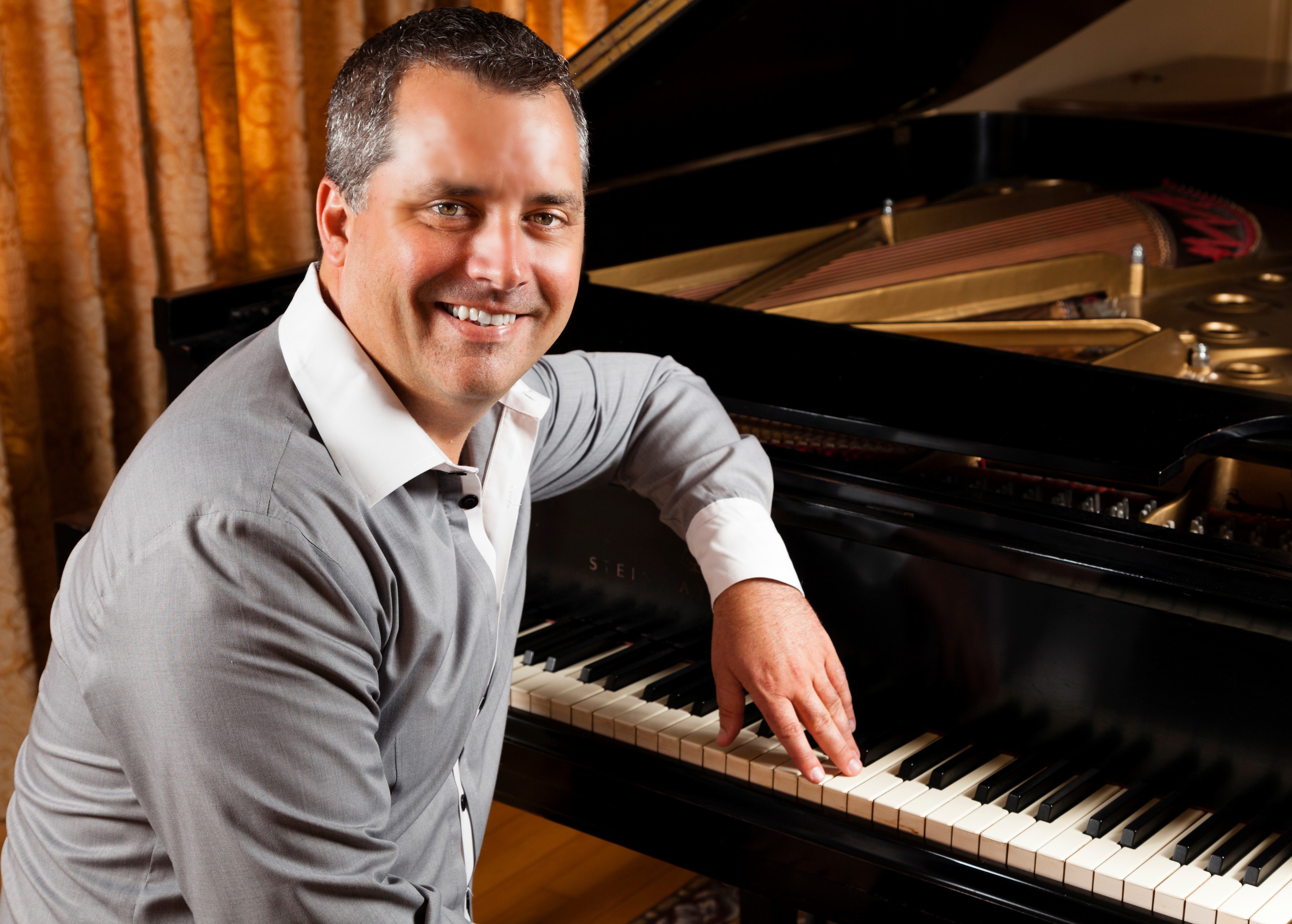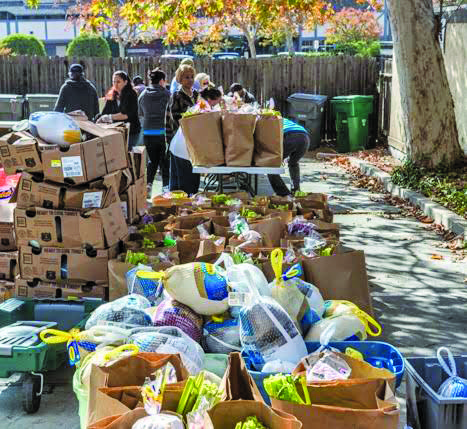Program participants are voice for vulnerable local residents in long-term care
Staff Report
More than half of all residents in long-term care facilities have no one to speak on their behalf. Many have no relatives or regular visitors and cannot voice grievances themselves. They rely on staff and volunteers from the Long-Term Care Ombudsman Program of Santa Barbara County to advocate for their rights.
The Family Service Agency operates the state-mandated program and seeks to double the number of volunteers in 2021. Today, there are just seven volunteer ombudsman representatives who work alongside staff to serve close to 5,000 residents in 133 long-term care facilities throughout Santa Barbara County.
“I still hear my mother’s voice saying the word ‘ombudsman,’” said Lynn Holzman, a retired nurse who became a certified ombudsman volunteer last February.
After Holzman settled in Santa Barbara in the 1990s, her grandmother moved to be near her because she was the family member most able to help care for her.
“My mother said to call the ombudsman,” said Holzman. “They provided a list of care homes to help us get started.”
After Holzman’s recent retirement from Serenity House, the once odd-sounding word, ombudsman, took on a new meaning as her opportunity “to do something valuable for the community.”
As a volunteer ombudsman representative, Holzman and her fellow volunteers advocate for and help protect long-term care residents’ rights to quality care. They work in a variety of facilities that include skilled nursing and assisted living services and range from five residents to over 300.
Even a small change in a resident’s care can make a major difference in quality of life, like changing their meal specifications or bathing time. Ombudsman representatives are responsible for assessing, helping to resolve or refer complaints and concerns from safety protocols to potential cases of physical, emotional or financial abuse. Regular unscheduled visits are a chance for residents get to know and trust the volunteers. Visits are also one of the most powerful rewards of volunteering. Even a five-minute visit may be the highlight of the week for a resident without family or other visitors — a chance to be seen and heard, to share a caring conversation and a smile.
While a commitment of at least a year is encouraged, volunteers enjoy extensive support and flexibility. To become a certified ombudsman representative, trainees receive 36 hours of training online and in a classroom, a minimum of 10 hours of shadowing, continuing education and mentoring, and immediate access to program staff for questions or issues. Currently, the amount of time volunteers choose to spend varies between two and 20 hours a week.
Every volunteer has an interesting story, but what they all have in common is their passion for seniors and their desire to protect and advocate for the best quality of care and life possible for them.
“At the end of the day, our volunteers are here to make sure that residents are receiving the care that will give them the best quality of life possible wherever they are, with respect and dignity,” said Marco Quintanar, program supervisor for the Santa Barbara County Long-Term Care Ombudsman Program. “We work with each of our volunteers to create a scope that will work for their schedule and bring them joy and satisfaction too. What they learn here can help them with their own loved ones or friends.”
Even with her deep experience innursing and end-of-life care, Holzman was concerned at first about “being a beginner.” With the support of training and shadowing she quickly became comfortable with common issues and attending family meetings.
“When I make my visits, I have my business card, my pen and my checklist of what to look for,” said Holzman. “I try to make a connection. Then when a problem does crop up, the Ombudsman Program team works with me to create a plan. I never feel like I’m alone.”
To learn more about becoming a certified ombudsman volunteer, or other ways to support Family Service Agency’s programs for seniors, call Marco Quintanar at 805-922-1236 or visit www.volunteer4seniors.org.







